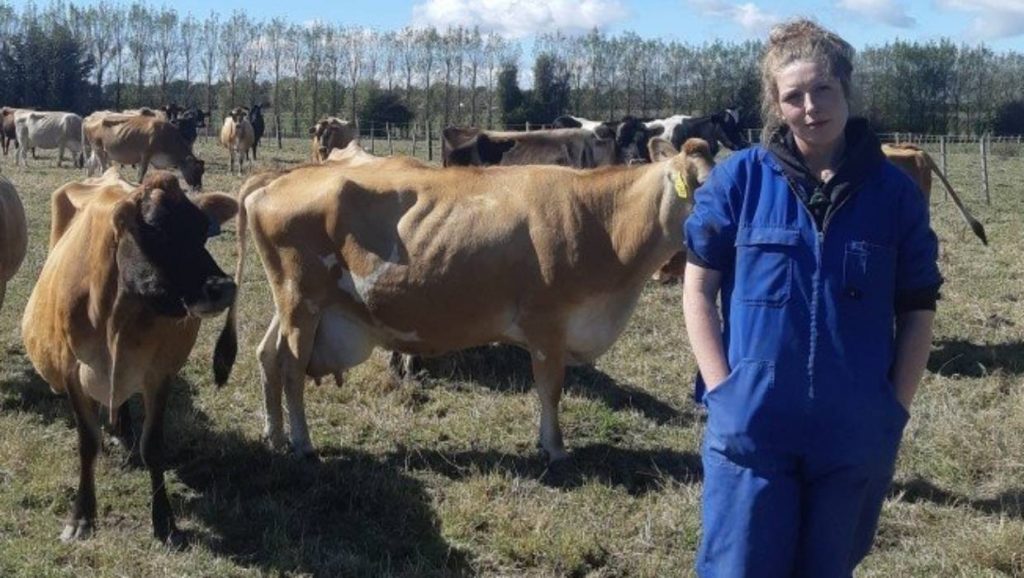
Every year, hundreds of sharemilkers around the country move their cows, equipment and families to new farms on June 1.
But with the nationwide lockdown set to last at least four weeks and potentially much longer, concerns are growing about their ability to move on time this year.
Vanessa Jury, who farms at Carterton in the Wairarapa, is due to take up an assistant manager role at Patoka, near Napier.
Although her move, if it goes ahead, should be straightforward, many other farmers are worried about the logistics of a move mid- or post-lockdown.
“I’m just moving myself, I don’t have any cows to shift, but there are people who need to move whole herds from the North Island to the South [Island],” she said.
“Everyone’s had trucks booked and but they’re all being cancelled. Even if moving does go ahead on June 1, there’s going to be a rush and a backlog.”
Jury was also concerned about the potential for farmers to spread the virus if moving day went ahead during or shortly after the lockdown.
“It’s literally thousands of people moving all over the country, how do you get them all to new places safely?” she asked.
“People in essential services, like farmers, haven’t really had a chance to have a proper lockdown.”
A lot of farmers were herd testing at the moment and the task required more people than usual in the milking shed.
“Everyone’s doing their best but but we still have tanker drivers and suppliers coming on to farms every day,” she said.
“How would we know if we were infected in the last week [before the lockdown lifted] and then we all move?
“We don’t want to cause a second wave of the virus but would we have to self isolate again on the new farm?”
Ministry for Primary Industries (MPI) deputy director-general of Agriculture, Karen Adair, said the ministry was working closely with industry groups like DairyNZ, Beef and Lamb NZ and Federated Farmers to determine the best options for Gypsy Day while ensuring farmers remained safe and well.
Those decisions would be made in the coming weeks, she said.
Federated Farmers sharemilkers chairman Richard McIntyre said he had raised farmers’ concerns with several MPs and expected to see progress being made soon.
“Industry groups are going to start working with MPI on what this means for contracts and I think there will also be discussion around it becoming an essential task as part of an essential service, which farming is classified as,” he said.
“It could be that there has to be a plan put in place to reduce the risks of spreading Covid-19, similar to the plans farmers have already made for their businesses.”
McIntyre said as well as the risks involved in contact between farmers and the people and services helping them move, there would be issues around sanitation off the properties vacated.
“When you have people moving in and out of a house in a short space of time, how do you make sure it’s Covid-free?
“There’s more to think about than just getting from A to B.”
While farmers were understandably frustrated by the current vacuum of information, McIntyre said industry groups and MPI were working to find a solution.
“Everything’s changing so fast and we don’t know quite what it’s going to look like come June 1 but we are aware of the level of concern and we’ll get something together as soon as we can,” he said.
“Farmers aren’t alone in this. There are a lot of house sales and people changing jobs that might need to move across the country. There are a lot of industries in the same boat so we should take some comfort in that.”

























